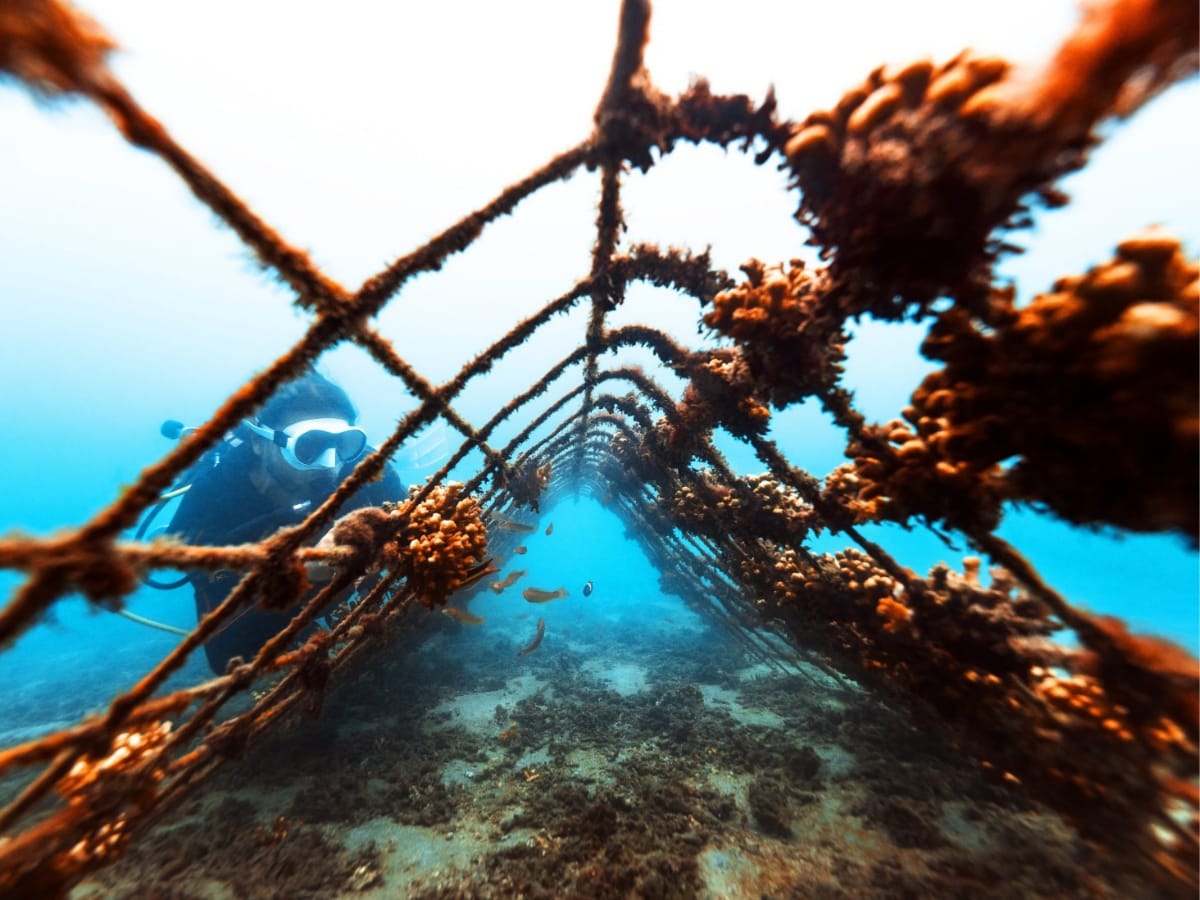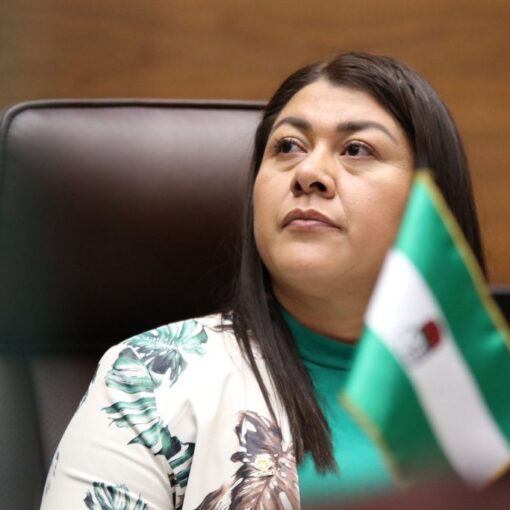When discussing World War Two (1939–1945), the focus often centers on major powers such as the United States, the Soviet Union, Germany, and Japan. However, many smaller nations, including Costa Rica, played significant roles in the conflict. Despite its small size and lack of military forces, Costa Rica contributed to the Allied cause through diplomatic, economic, and symbolic means.
Costa Rica’s Political Landscape Before the War
In the early 20th century, Costa Rica was a relatively peaceful and democratic nation compared to its Central American neighbors. After the abolition of its army in 1948 (following a civil war), Costa Rica had already established itself as a nation that prioritized diplomacy over militarization. However, during the 1930s and early 1940s, the country was still under the leadership of President Rafael Ángel Calderón Guardia (1940–1944), whose policies aligned with the United States and the Allied powers.
Costa Rica, like much of Latin America, was influenced by U.S. foreign policy. When World War Two broke out in 1939, many Latin American nations initially remained neutral. However, after the Japanese attack on Pearl Harbor in December 1941, the U.S. pressured its neighbors to join the Allied cause. Costa Rica, maintaining close ties with Washington, was among the first Central American nations to respond.
Declaration of War Against the Axis
On December 8, 1941, one day after the Pearl Harbor attack, Costa Rica declared war on Japan. Shortly after, on December 11, it also declared war on Germany and Italy. This move was largely symbolic, as Costa Rica had no standing army and could not contribute troops to the front lines. However, the declaration was significant for several reasons:
1. **Diplomatic Alignment with the Allies** – By declaring war, Costa Rica demonstrated its commitment to the Allied cause and strengthened its relationship with the United States.
2. **Economic Measures Against Axis Interests** – The Costa Rican government took steps to confiscate property owned by German, Italian, and Japanese nationals, particularly those suspected of supporting fascist regimes.
3. **Support for Anti-Fascist Efforts** – Costa Rica joined other Latin American nations in cutting diplomatic ties with Axis powers and supporting economic sanctions.
Costa Rica’s Contributions to the War Effort
Despite its lack of military involvement, Costa Rica contributed to the Allied war effort in several key ways:
1. Economic and Resource Support
Costa Rica was an important supplier of agricultural goods, particularly coffee and bananas, which were vital for both domestic stability and Allied supply chains. The U.S. and other Allied nations relied on Latin American exports to sustain their economies and troops. Additionally, Costa Rica allowed the U.S. to establish military and surveillance bases on its territory to monitor potential Axis submarine activity in the Pacific and Caribbean.
2. Crackdown on Axis Sympathizers
Like many Latin American countries, Costa Rica had a small but influential community of German and Italian immigrants. While most were peaceful, some were suspected of supporting Nazi or fascist ideologies. The Costa Rican government, under U.S. pressure, arrested several German nationals and confiscated businesses linked to Axis sympathizers. This was part of a broader effort across the Americas to suppress potential espionage and fifth-column activities.
3. Participation in International Organizations
Costa Rica was an active participant in Allied-affiliated organizations, such as the United Nations (which was founded in 1945 near the war’s end). Though it did not send soldiers to fight, its diplomatic support helped consolidate the post-war international order.
4. Symbolic and Moral Support
Costa Rica’s declaration of war, along with those of other Latin American nations, helped isolate the Axis diplomatically. The collective stance of Central and South American countries demonstrated that fascism had no support in the Western Hemisphere.
The Impact of World War Two on Costa Rica
The war had lasting effects on Costa Rica’s political and economic development:
1. Strengthened Ties with the United States
Costa Rica’s alignment with the U.S. during the war deepened economic and political cooperation. After the war, Costa Rica became a recipient of U.S. aid and investment, particularly in infrastructure and education.
2. Economic Shifts
The war disrupted global trade, forcing Costa Rica to adapt. The demand for its exports (especially coffee) fluctuated, but post-war recovery led to increased trade opportunities. Additionally, the confiscation of German-owned assets allowed the government to redistribute wealth and expand its economic policies.
3. Influence on Costa Rica’s Demilitarization
Although Costa Rica did not abolish its military until 1948 (after its civil war), its experience during World War Two reinforced the idea that a standing army was unnecessary for national security. Instead, Costa Rica focused on diplomacy and international cooperation, a principle that continues to define its foreign policy today.
Though Costa Rica’s participation in World War Two was limited compared to major combatant nations, its contributions were meaningful. By declaring war on the Axis powers, supporting Allied economic efforts, and suppressing pro-fascist elements, Costa Rica played a part in the global fight against tyranny. The war also shaped the country’s post-war trajectory, reinforcing its democratic values and close relationship with the United States.
Costa Rica’s experience serves as a reminder that even small nations can influence world events through diplomacy, economic policy, and moral solidarity. While it did not send soldiers into battle, its stance during World War Two remains an important chapter in its history and a testament to its commitment to peace and international cooperation.
World War Two was a conflict that reshaped the world, and Costa Rica, despite its size, contributed to the Allied victory in its own way. By examining its role, we gain a broader understanding of how even nations without military power could make a difference in one of history’s most defining moments.
– Advertisement –
Source link
TCRN STAFF



